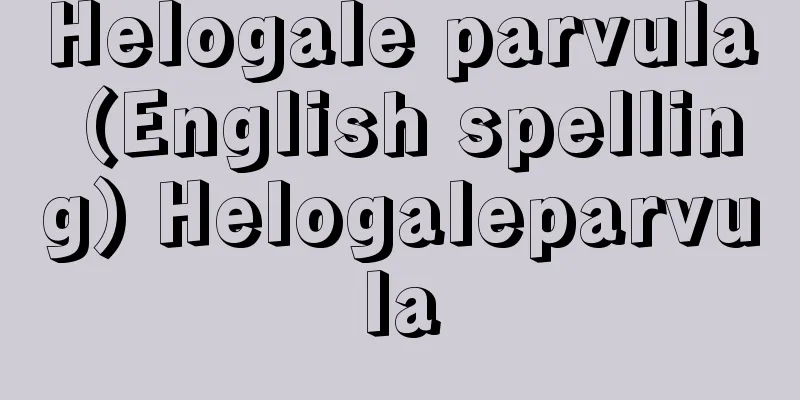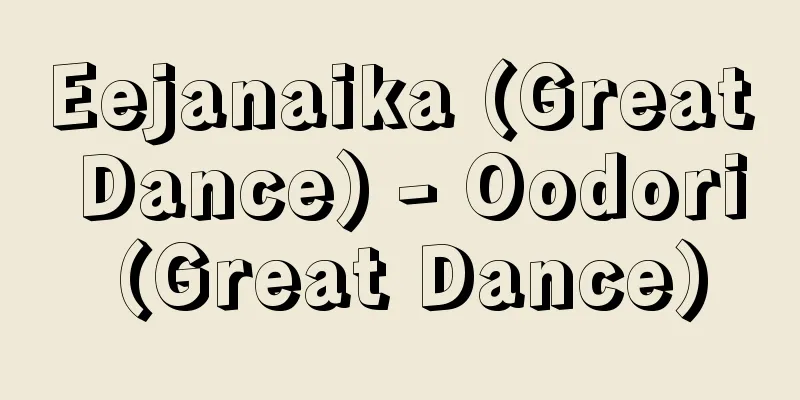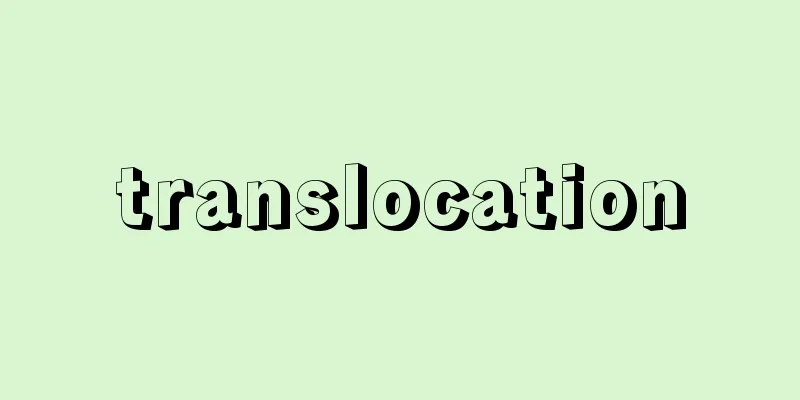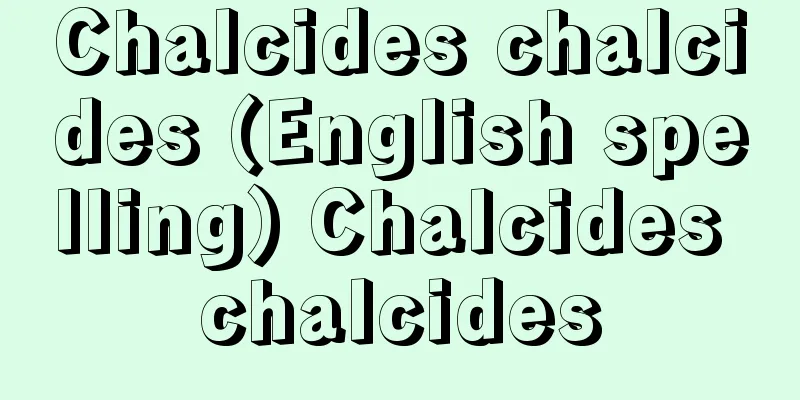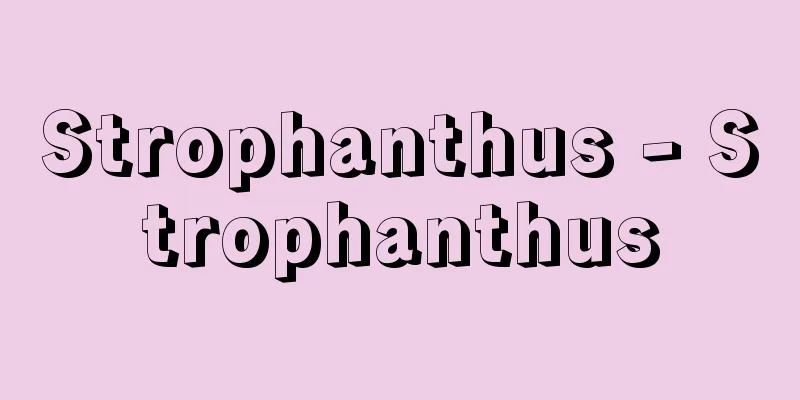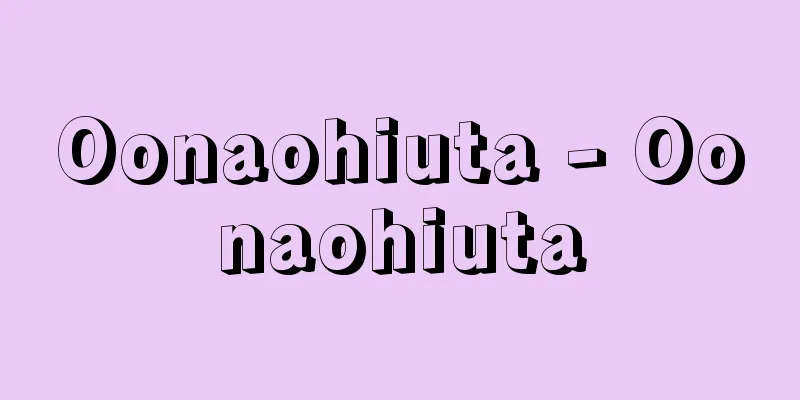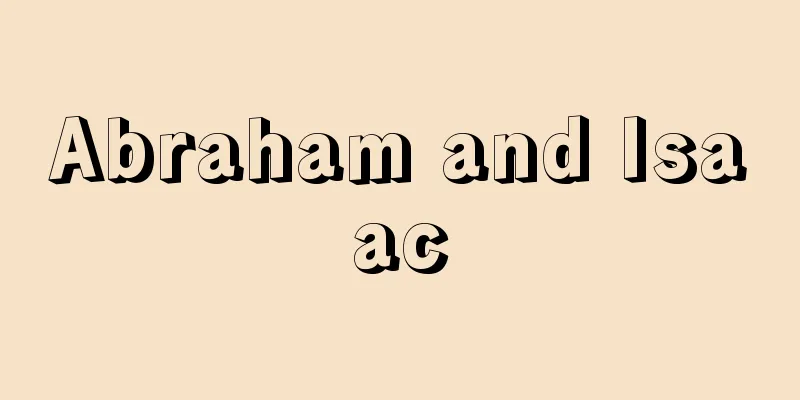Autocracy - Autocracy (English spelling)

|
A political system in which all power is concentrated in one individual or a specific group or class, and that power is exercised without any constraints. It is the opposite of a democratic government in a free nation, in which the rulers are not responsible to the ruled, and there is no system to guarantee the freedom of the people. [Hiroaki Otani] [Reference] |Source: Shogakukan Encyclopedia Nipponica About Encyclopedia Nipponica Information | Legend |
|
全権力が一個人あるいは特定の集団や階級に集中され、それがなんの拘束も受けずに権力を行使する政治体制。自由な国家たる民主政治に対立するもので、支配者は被支配者に対してなんらの責任を負うこともなく、人民の自由を保障する制度をもたない。 [大谷博愛] [参照項目] |出典 小学館 日本大百科全書(ニッポニカ)日本大百科全書(ニッポニカ)について 情報 | 凡例 |
<<: 《Odokeyabo no Tamatori》 - Odokeyabo no Tamatori
Recommend
pondok
...A traditional live-in school for Islamic educa...
Oonogawa River
It originates near Mt. Sobo (Miyazaki side) which...
Candy box - Kashibako
〘noun〙 A box for storing sweets. A box for storing...
Hybrid integrated circuit
Also called a hybrid IC. An integrated circuit mad...
Anhydrite (anhydrite)
Its chemical composition is CaSO4 , and it is a mi...
Guarini, GB - Guarini
...Typical poets include Tasso in Italy, Ronsard ...
Zhang Xuecheng - Elementary school student
A historian from the Qianlong to Jiaqing periods ...
Caddisfly (Caddisfly)
A general term for insects in the order Trichopter...
Malatesta, S.
…In Rimini, he worked on the decoration of the Te...
Rural community planning
This is a system in which rural residents, aware t...
Restoration Party
A Vietnamese nationalist organization founded in 1...
Bontenka - Bontenka
A clump-like deciduous shrub of the Malvaceae fami...
Primary solid solution -
…When B atoms fill the gaps in the crystal lattic...
Grand Banks of Newfoundland
A shallow area of the ocean floor southeast of N...
niobium
Nb. Atomic number 41. Electron configuration [Kr]...
